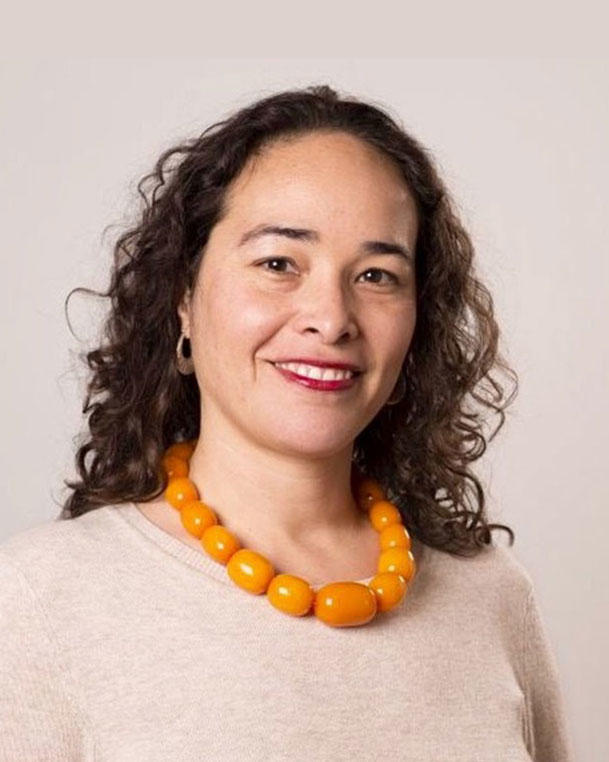
Jonine Figueroa, Ph.D., M.P.H.
NCI Shady Grove | Room 7E202
Biography
Jonine Figueroa received a B.S. in genetics and developmental biology from the Pennsylvania State University, State College, a Ph.D. in molecular genetics and microbiology from Stony Brook University, and an M.P.H. from Columbia University, both in New York. Most recently, Dr. Figueroa was tenured Professor and Chair of Molecular Epidemiology and Global Cancer Prevention at the University of Edinburgh, United Kingdom, where she is an Honorary Fellow. She completed her postdoctoral training in DCEG as an NCI Cancer Prevention Fellow and was promoted to a tenure-track investigator position before leaving for the United Kingdom.
Dr. Figueroa is the first researcher selected through the DCEG pilot of the Multi-Principal Investigator Search (MPIS). She was selected for the NIH Distinguished Scholars Program.
Research Interests
Dr. Figueroa’s research focuses on the integration of molecular epidemiology and cutting-edge technologies (data and molecularly based), to inform population-based strategies to reduce the burden of cancer and chronic diseases, ultimately improving health outcomes. Her research aligns with the broader vision of fostering healthier communities through innovative solutions and preventative health measures, including environmental exposures, as well as supporting the mission of advancing early detection and treatment to prevent cancer and other life-threatening conditions. Dr. Figueroa’s goal is to support initiatives that promote healthier lifestyles, including innovations in diagnostics and treatment options, to significantly reduce the burden of cancer and chronic diseases in the U.S., and globally.
Leveraging Data and Technology for Health Innovation
A core aspect of her research is the strategic use of routinely collected health data and emerging technologies to generate actionable insights that inform cancer prevention and treatment strategies. By utilizing diverse data resources, such as the NCI Surveillance, Epidemiology and End Results (SEER) cancer statistics program and electronic health records collected via the Connect for Cancer Prevention Study, her research team seeks to inform health systems changes to prioritize prevention and early intervention. They are leading efforts to ensure that observational research fosters trust through community engaged efforts to enhance public health impact. These resources, in combination with cutting-edge technologies, allow her to integrate molecular and epidemiological data, improving understanding of the natural history of cancer and chronic diseases, especially those that have a high morbidity and mortality.
The use of electronic health records, along with blood and tissue samples, offers an opportunity to provide more granular analyses of cancer etiology, with a particular focus on identifying and targeting high-risk populations for early intervention. By addressing the molecular and social determinants of health, her studies contribute to the development of innovative, evidence-based interventions that can help reduce cancer incidence, mortality, and the burden of chronic diseases across the U.S.
Molecular Epidemiology of Cancer and Chronic Disease Prevention
In alignment with the vision of reducing health differences, recent studies have focused on molecular subtypes of breast cancer, as well as the intersection of chronic diseases, such as Type 2 diabetes and measures of comorbidities with cancer risk. Understanding how social and area-level determinants—including measures of rurality—influence health outcomes enables the identification of at-risk groups, particularly those with higher rates of aggressive cancers or chronic conditions that may increase disease risk and progression. By integrating molecular pathology and advanced statistical models, the research efforts are informing more effective strategies for public health risk reduction and treatment approaches to target populations with high morbidity and mortality.
Information for Journalists
To request an interview with a DCEG investigator, please complete this form: Request For Comment | HHS.gov.
